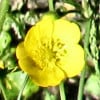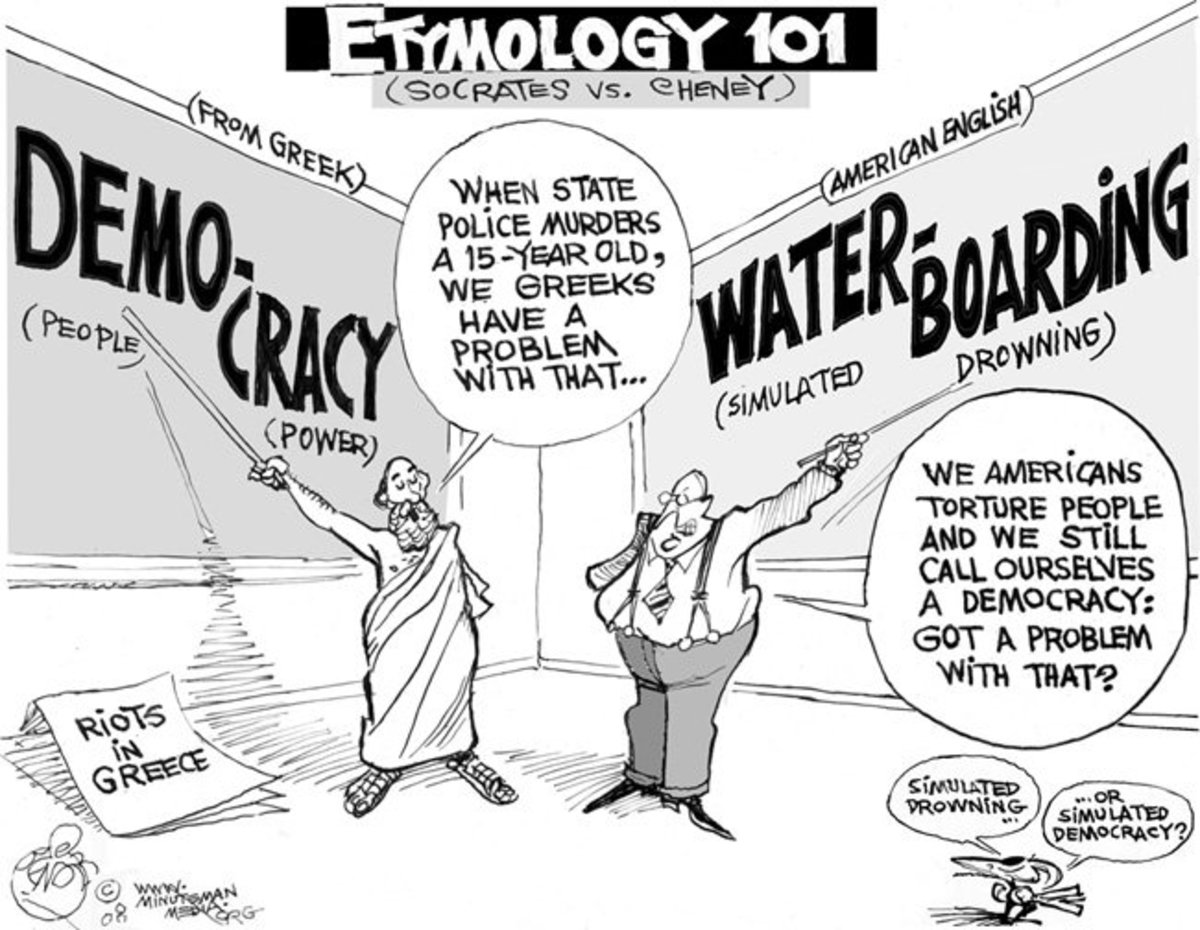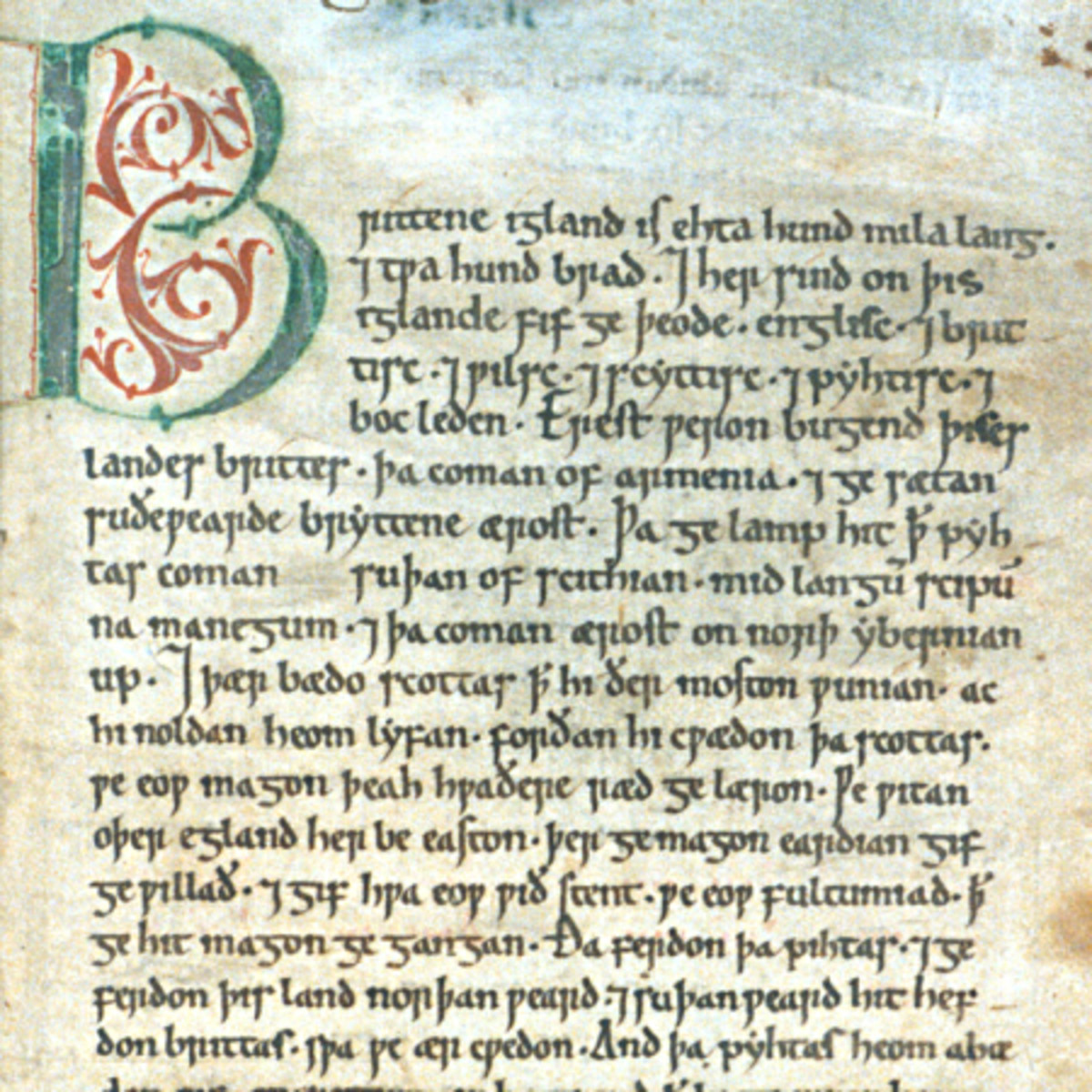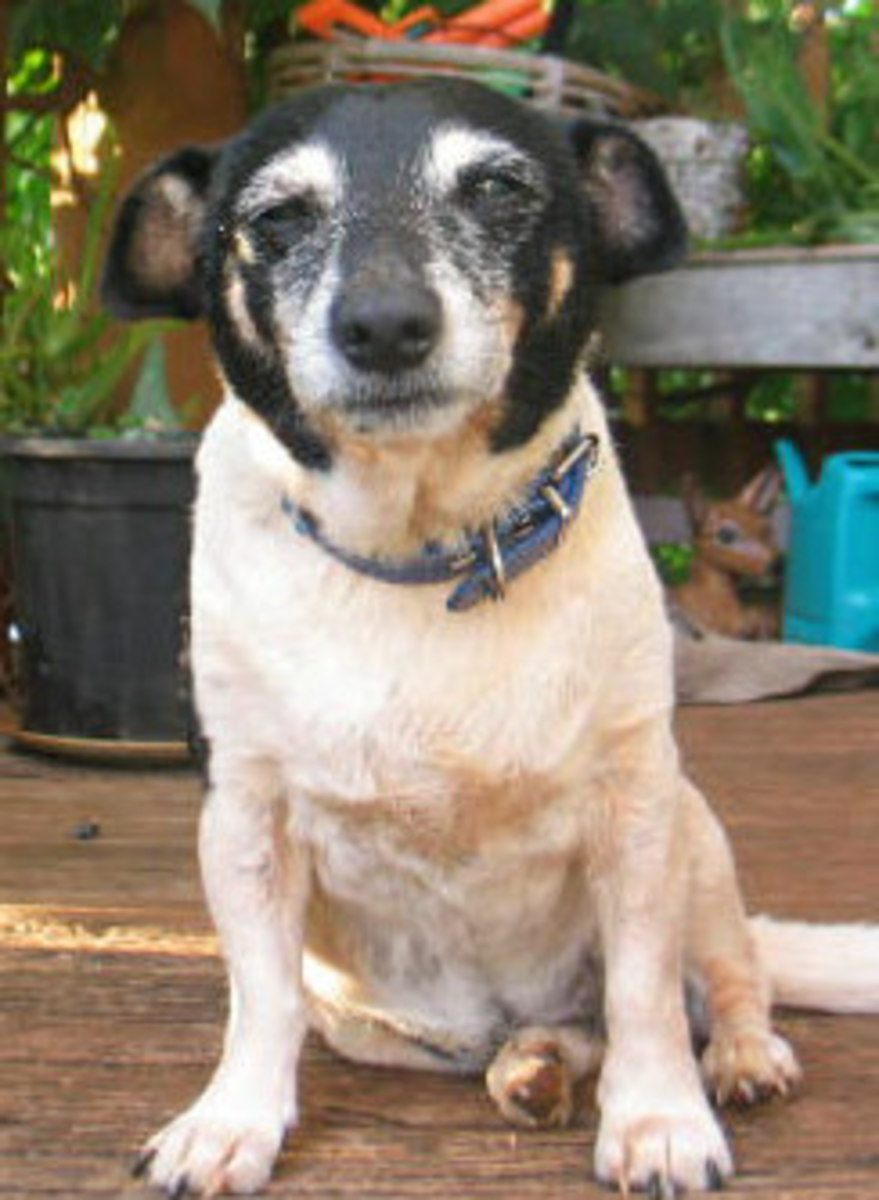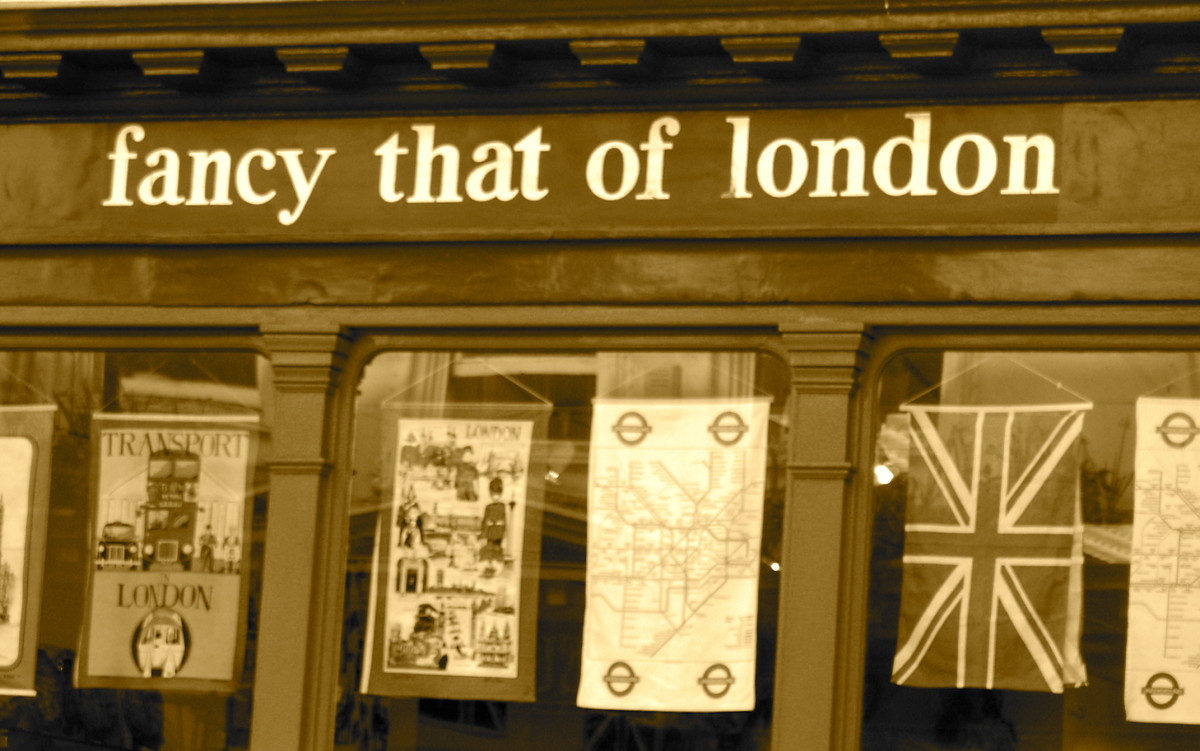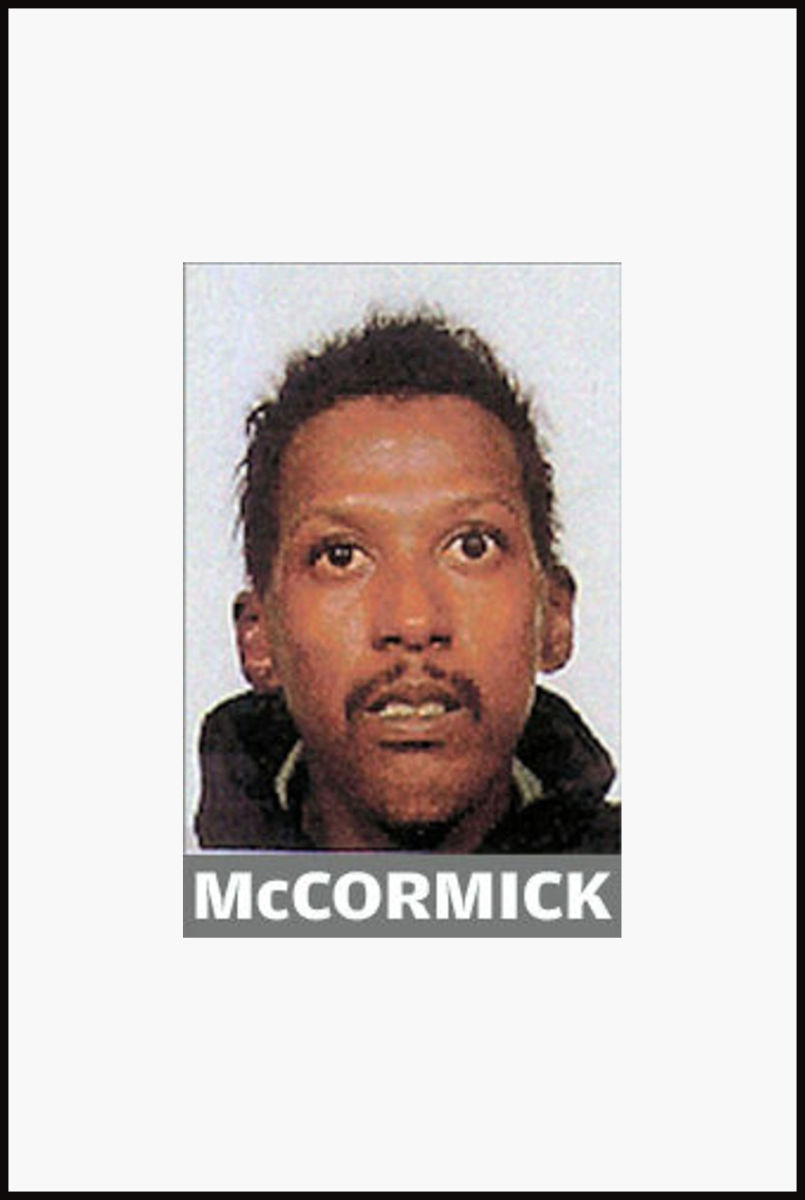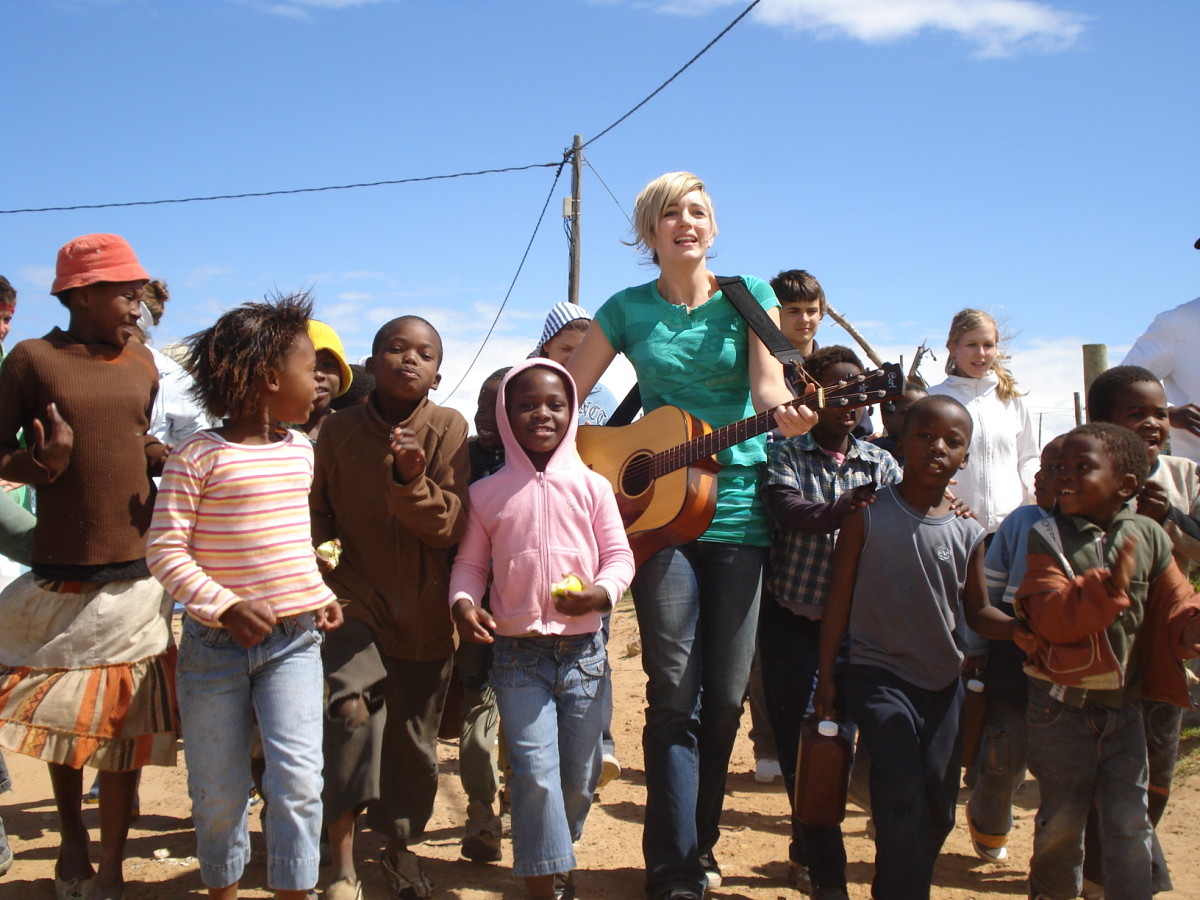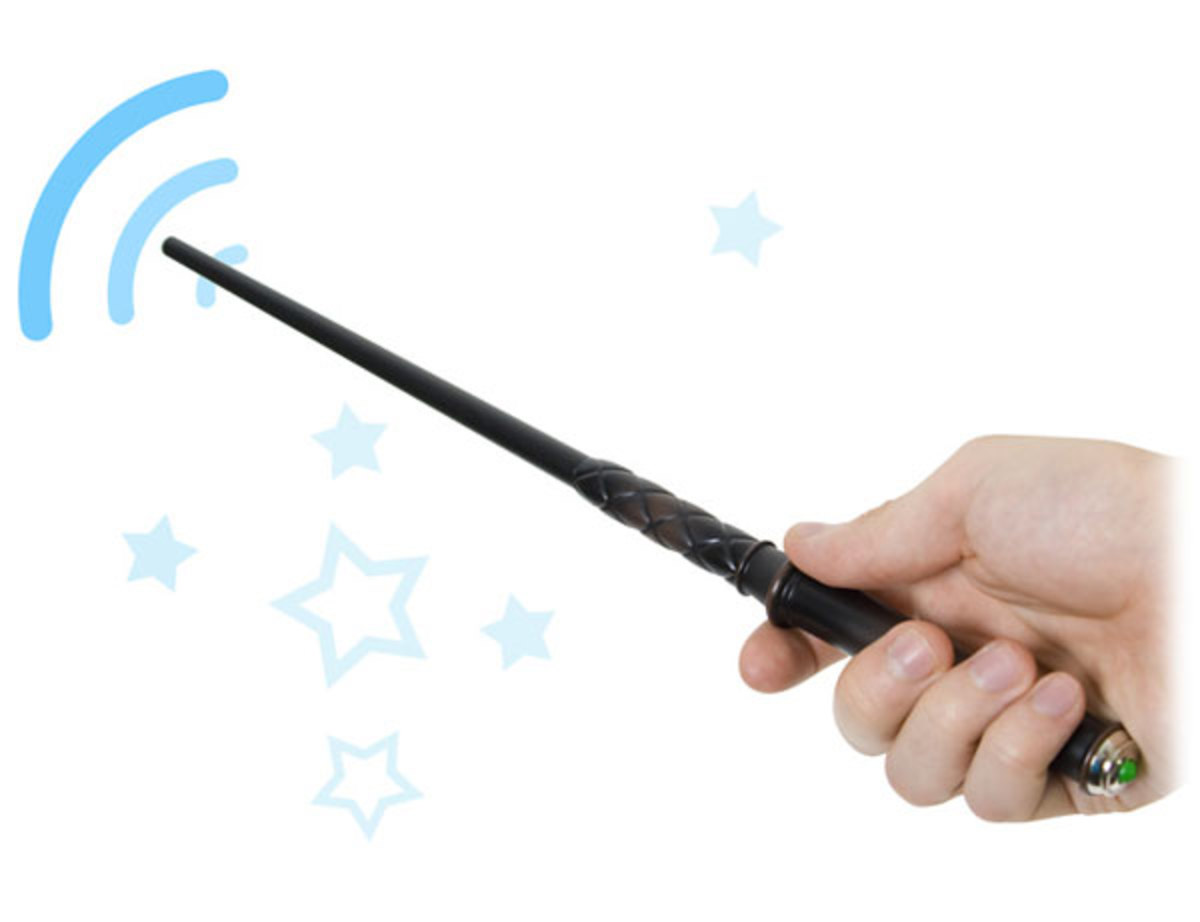English Language Usage: There, Their, They're!

There is a phone box, where people make their calls, and there is a letter box, where people post their letters. They're situated close together.
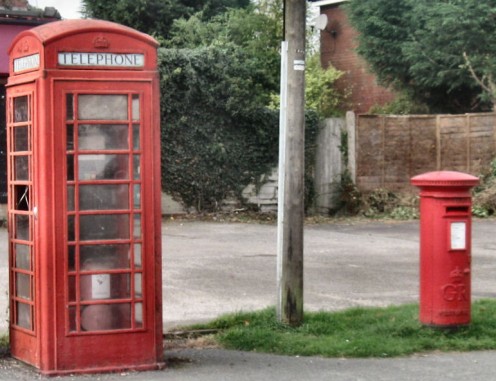
Problems?
There are three similar-sounding little English words, with which writers appear to have problems:
*
'There'
'Their'
'They're'
*
Note that they all sound the same and they all begin with the same three letters:
~ 'the...'.
*

Corrections to Incorrect Sentences:
The first two require 'there':
~ Go and sit over there.
~ There is a train going over the bridge.
*
The others require 'their':
~ Where are their boots?
~ Their books are on the shelf.
They're
Let's look at the last one first.
No-one should really have any trouble with this word ~ or, rather, these words.
'They're' is a contraction. It is short for 'they are'.
Apostrophes replace letters ~ and this is a prime example.
Once one realises this, there should be no confusion.
One would not say:
Go and sit over they are.
They are is a train going over the bridge.
Where are they are boots?
They are books are on the shelf.
These sentences sound wrong because they are incorrect.
* * *
In use:
Any example can be chosen ~ though some sound better than others when abbreviated in this way.
They are going on holiday.
= They're going on holiday.
They are my relatives.
= They're my relatives.
They are very busy.
= They're very busy.

Here we be!
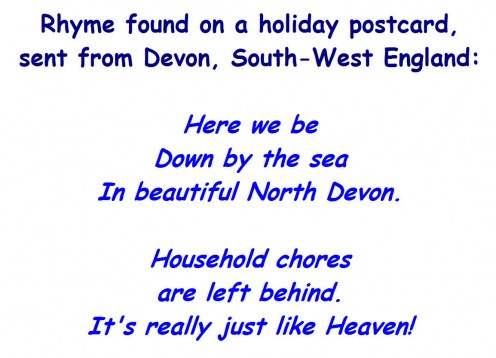
'They're' Etymology
'They' has been used since around the year 1200 AD. It is from Old Norse 'þeir' (originally a plural masculine form), which derives from Proto Germanic '*thai' and Proto Indo European '*to-'
'Are' is the plural form of the present indicative of the verb 'to be'. According to the Online Etymological Dictionary, this comes from the Mercian 'earun' and / or the Northumbrian 'aron'.
Before the 17th century, 'be' or 'ben' was used. 'We be' can still sometimes be heard in the South-West of England.
Thanks to the Online Etymological Dictionary and the Oxford Online Dictionary!
(NB. 'þ' = 'th')

How to Remember: 'They're'
We have already noted that 'they're' is simply short for 'they are'.
If 'they are' fits sensibly within the sentence, then it can either be used in full, or abbreviated to 'they're'.
Note that, in the abbreviated form, the 'a' is removed and replaced with an apostrophe.
They're

There
'There' is an adverb that refers to place.
Where is the book? ~ There is is!
There is a cat on the mat.
Where shall I put the flowers? Here or there?
Look over there!

"There, there"
"There, there" is a strange little phrase. It is said in order to comfort someone. Apparently, it is a 19th century invention and probably comes from the idea that one shouldn't become upset over something that doesn't go right, because there will always be something else coming along soon.
*
Another example of a 'there' exclamation:
There! I knew you could do it!
*
There are a number of other little phrases, used regularly in English, containing the word 'there'.
Several can be found in the Oxford Online Dictionary.
Here is an example: You can't play with my toys! So there!
There Is and There Are
'There is' and 'there are' are phrases used to indicate the 'existence of' something.
These phrases, consisting of 'there' plus a form of the verb 'to be', tend to indicate a location ~ or a time.
Other tenses can be used, as well as the present:
~ There is a road up to the castle.
~ There’s a tree in the meadow.
~ There are ducks on the pond.
~ There was a car in the ditch.
~ There were clowns at the circus.
~ There will be a party on Saturday.
~ There will be guests at the party.
~ There may be fireworks at the festival.
~ There should be an adult in charge.
Et cetera.

'Th'
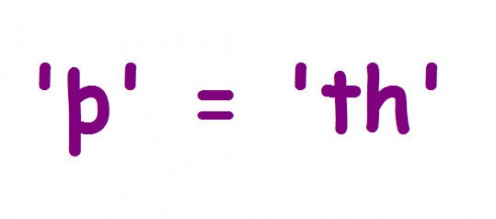
'There' Etymology
According to the Online Etymological Dictionary, 'there' comes from the Old English word 'þær', which, in turn, came from Proto Germanic '*thær' and ultimatelyfrom Proto Indo European '*tar-'. all meant 'there', ie. 'in / at that place'.
Note that 'þ' was pronounced 'th'.
Thanks to the Online Etymological Dictionary and the Oxford Online Dictionary!

How to Remember: 'There'
It helps if one considers the spelling of other words referring to place ~ here; where.
Here
Where
There
'Here', 'where' and 'there' all contain the word 'here'.
They are all spelled according to the same pattern.
Here? There!

Their
'Their' relates to ownership. It is a possessive pronoun.
My books
Your books
His / her books
Our books
Your books
Their books
* * *
Thus, 'their' indicates that something belongs 'to them'.
Eg. They have lost their dogs.
More examples:
~ Look at their house.
Compare: Look at the girl's house.
~ Their children are well-behaved.
Compare: The couple's children are well-behaved.
*
A related word is 'theirs'.
Eg. Whose dog is that?
~ It belongs to them; it's theirs.

'Their' Etymology
According to the Online Etymological Dictionary, the use of 'their' dates from around 1200 AD.
Prior to that, the Old English 'hiera' was used. (In Old English, the plural form of 'he' (he), 'heo' (she) and 'hit' (it) was 'hi' or 'hie'.)
The terms 'þeir' and (its genitive form) 'þierra', were Old Norse words. The word 'þeir' actually meant 'they'. Remember that 'þ' was pronounced 'th'.
The Proto Germanic term from which it derived was '*thai' and the Proto Indo European was '*to-'.
[Since, etymologically, 'he' has evolved from a word meaning 'this, here', I have to wonder if 'their' may relate to 'that, there' ~ in which case there could be a link between 'there' and 'their'.]
Thanks to the Online Etymological Dictionary and the Oxford Online Dictionary!

How to Remember: 'Their'
Just remember that all three of these words begin with 'the' and that this 'ownership' one cannot be short for a two-word phrase 'they are'; nor can it be related to here and where.
So it's the other one ~ the one that ends with 'ir'.
Their

Etymology
Etymology is word history. It tells the story of the origins, evolution and development of words.
Very Useful Online Dictionaries:

Has this helped?
Has this article helped you to understand how to spell and use 'their', 'there' and 'they're' ?

Notes and Copyright
I hope that I have not made any mistakes and apologise for any errors that may be found within this article.
I have used the Online Etymological Dictionary and the Oxford Online Dictionary to help me with this article. More information and clarification may be found on those websites. My sincere thanks to them!
My own words are copyright Tricia Mason. All Rights Reserved.

